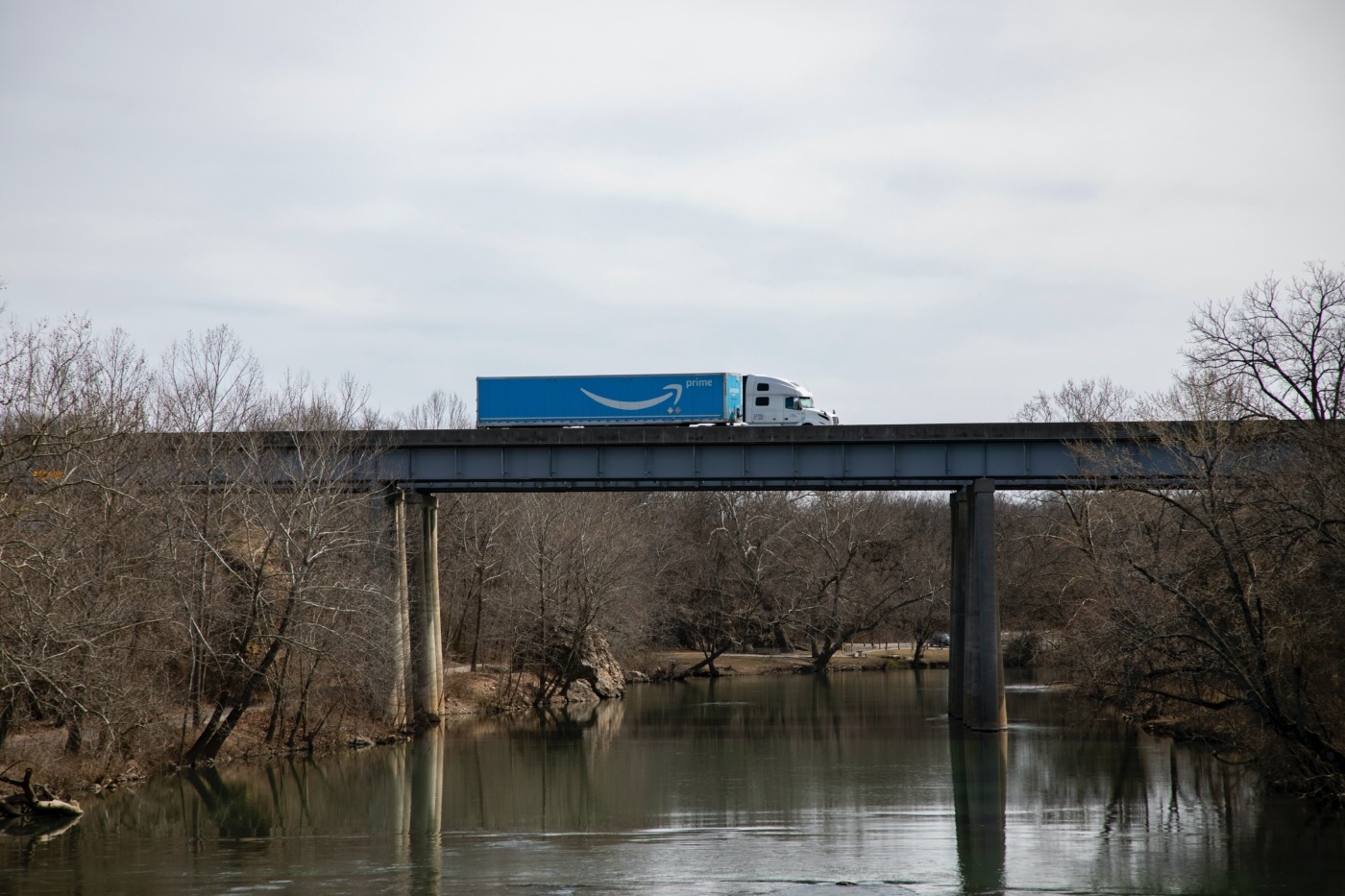What happened to Amazon Prime Day
Amazon is a staple website for both the needy student and proper adult. Providing quite literally everything from A to Z (hence the arrow in its logo), the company has managed to monopolise the needs and consumerist desires of humans. Want a new gadget? Amazon will have it. Need to buy a book? It will be on their website. It is both a remarkable and somewhat depressing sign that Jeff Bezos, the CEO of Amazon, has been able to win over so many customers.
Why then, does the company receive so much criticism? Everyone who has access to the internet will have probably ordered something on it once or twice. It is a helpful insurance buffer. Something unavailable elsewhere will be there on the website. Amazon Prime, meanwhile, alongside the different TV subscription offers, often allows its customers to get their orders the very next day. Gone are the days of waiting for weeks for a potentially unreliable package to arrive. Within hours, it is outside your door.
Amazon Prime have taken their brand to another level. Annually, an Amazon Prime Day is held especially for those customers. This involves numerous items, across all categories, seeing a price reduction for 24 hours. This year, the event was held between 13 and 14 October. Why do the company do this? Hopefully to generate new sales and incentivise new individuals to sign up. Realistically however, they can simply afford to do so. The amount of annual revenue they receive ensures a one-day price reduction holds no consequences.
The latest updates, restrictions and information on the coronavirus pandemic will always take precedence over any consumerist deals
A day like this would often generate much traction. Those with tight budgets might suddenly be able to afford an item long on their wish list but previously unable to purchase. Individuals mostly indifferent to Amazon may feel tempted to give their offers a try. The demand for such products undoubtedly increases if they’re cheaper; that’s obvious from when the day used to receive so much attention.
That attention has been far smaller this year. The obsession and analysis that may have previously gone into promoting the day dissipated and wasn’t on the same scale by any means. Whereas websites may have previously run numerous pages about the best deals, there was far less coverage. Why? News wise, it’s obvious. The latest updates, restrictions and information on the coronavirus pandemic will always take precedence over any consumerist deals.
The pandemic itself may have also significantly altered our shopping habits. As the government’s furlough scheme ends on October 31st, the rise in unemployment is an inevitability. Indeed, the claimant count for Universal Credit, the government’s main form of social security, has already increased by 120%. With a smaller, and potentially non-existent, disposable income, consumerist purchases online are not likely to be at the top of the priority list.
Websites must therefore reflect what their readers want. Promoting Amazon purchases in the middle of a pandemic, with a second wave of cases clear, could look insensitive and create criticism. Companies want to maintain their popularity and guarantee of income, meaning they may have recognised spending for its own sake wouldn’t be a top priority.
Prioritising a local business, which provides a sense of heritage and belonging, could provide more desirable and ultimately more satisfying
Similarly, the pandemic will have given people a chance to reassess their own lives. With more people working from home, either temporarily or the foreseeable future, there will have been opportunity to see what matters. Before coronavirus, a home full of different items may have been desirable. When that home suddenly becomes a workplace, such wishes tend to take a backseat.
That individuals are working from home will also mean they have more time in their local area. This could provide time for people to support local businesses who provide as good a service, if not better, for what others previously desired from Amazon. In particular, social media will have been essential for spreading the word for different companies, which are likely to have suffered so much. With this extra time, prioritising a local business, which provides a sense of heritage and belonging, could provide more desirable and ultimately more satisfying, than the same company everyone has become used to.
The pandemic has forced humans to decide what they regard as valuable. For many, it will have been obvious that their family and the lives of others matter before all else. For others, it may have taken a pandemic for that to become obvious. While humans will no doubt want to continue purchasing things, this may no longer be to the same degree. Things are put in perspective during a pandemic. The protection of life matters most in its immediacy of care and treatment. A discount on an Amazon product, exclusive to certain customers, can always wait until next year.

Comments